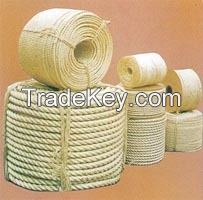
FOB Price
Obtener el precio más reciente|
Minimum Order
Place of Origin:
-
Price for Minimum Order:
-
Minimum Order Quantity:
-
Packaging Detail:
-
Delivery Time:
-
Supplying Ability:
-
Payment Type:
-
South Africa
Persona de contacto Mr. afrigoods
4 Shertwitz Road, Berea, East London, 5241, east london, Other